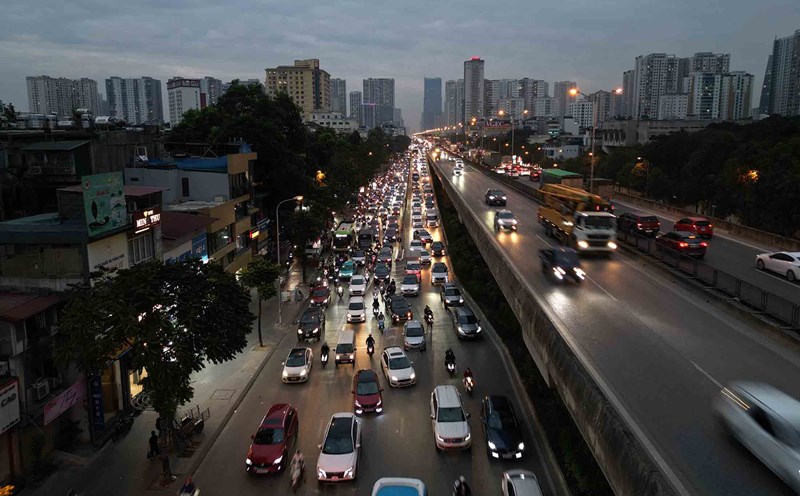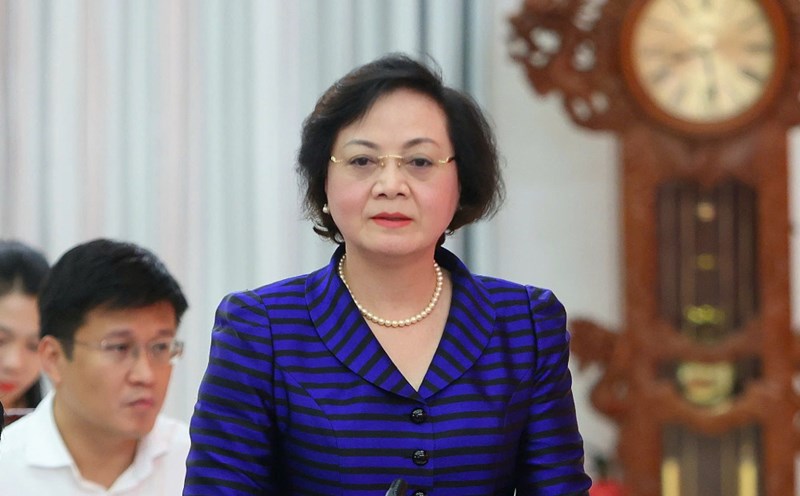Distribution Technologies Vietnam Co., Ltd., a company operating under the model of intermediaries selling passenger bus tickets through online platforms, said that the unit only receives commissions from bus companies - not directly providing transportation services. The company collects all ticket prices from customers, then transfers 100% to bus companies.
In response to the new regulation in Decree 70/2025/ND-CP (effective from June 1, 2025), requiring transport business enterprises to use electronic invoices from cash registers, Distribution Company Limited asked: "Does the ticket collection fee issue issue an invoice from the cash register, or is the bus company the unit that must issue invoices to customers?"
In addition, the company also stated that every month it issues a commission bill, fully declares VAT and corporate income tax, and expresses its desire to be guided to comply with legal regulations.
Responding to the above problem, the Ho Chi Minh City Tax Department cited the provisions in Decree No. 123/2020/ND-CP, amended and supplemented by Decree No. 70/2025/ND-CP, and instructions from the Ministry of Finance. Accordingly:
In case the intermediary enterprise does not provide transportation services, only receives commissions and collects and pays for tickets, it is not necessary to make an invoice for the collection. The bus company - the transportation service provider - is the one responsible for making and sending invoices to customers.
The tax authority emphasized: the fee collected for bus tickets is not the revenue of Distribution technologies Vietnam Company Limited, so it is not required to make invoices from cash registers as prescribed in Article 11 of Decree 123/2020/ND-CP (amended and supplemented by Decree 70/2025/ND-CP).
Regarding tax management, the Ho Chi Minh City Tax Department noted: The company needs to keep all documents and records proving that the collection and payment of household appraisal is in its own right. This is the basis for not being considered an arising revenue, and to avoid risks of value added tax as well as corporate income tax.











